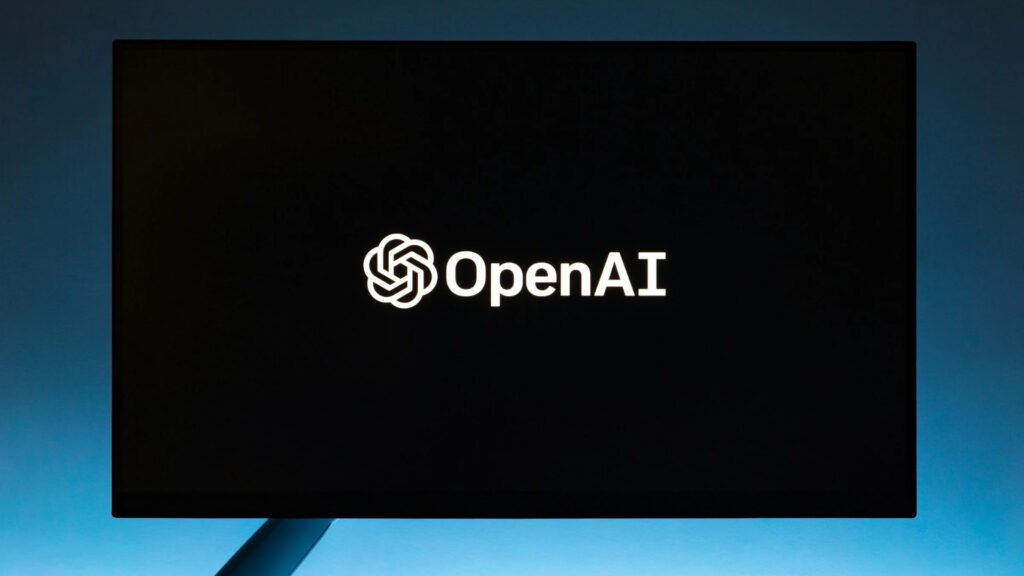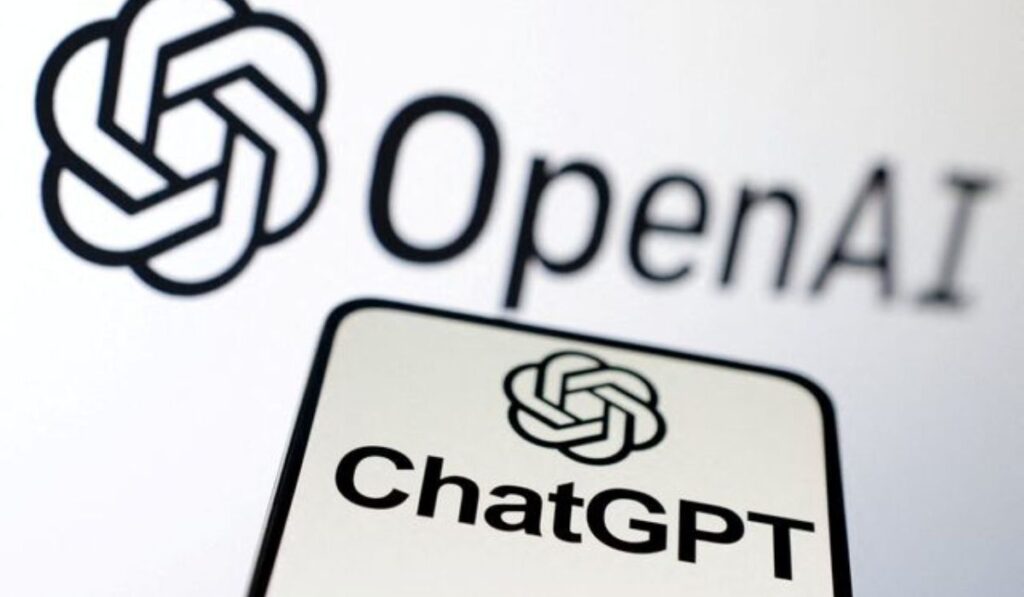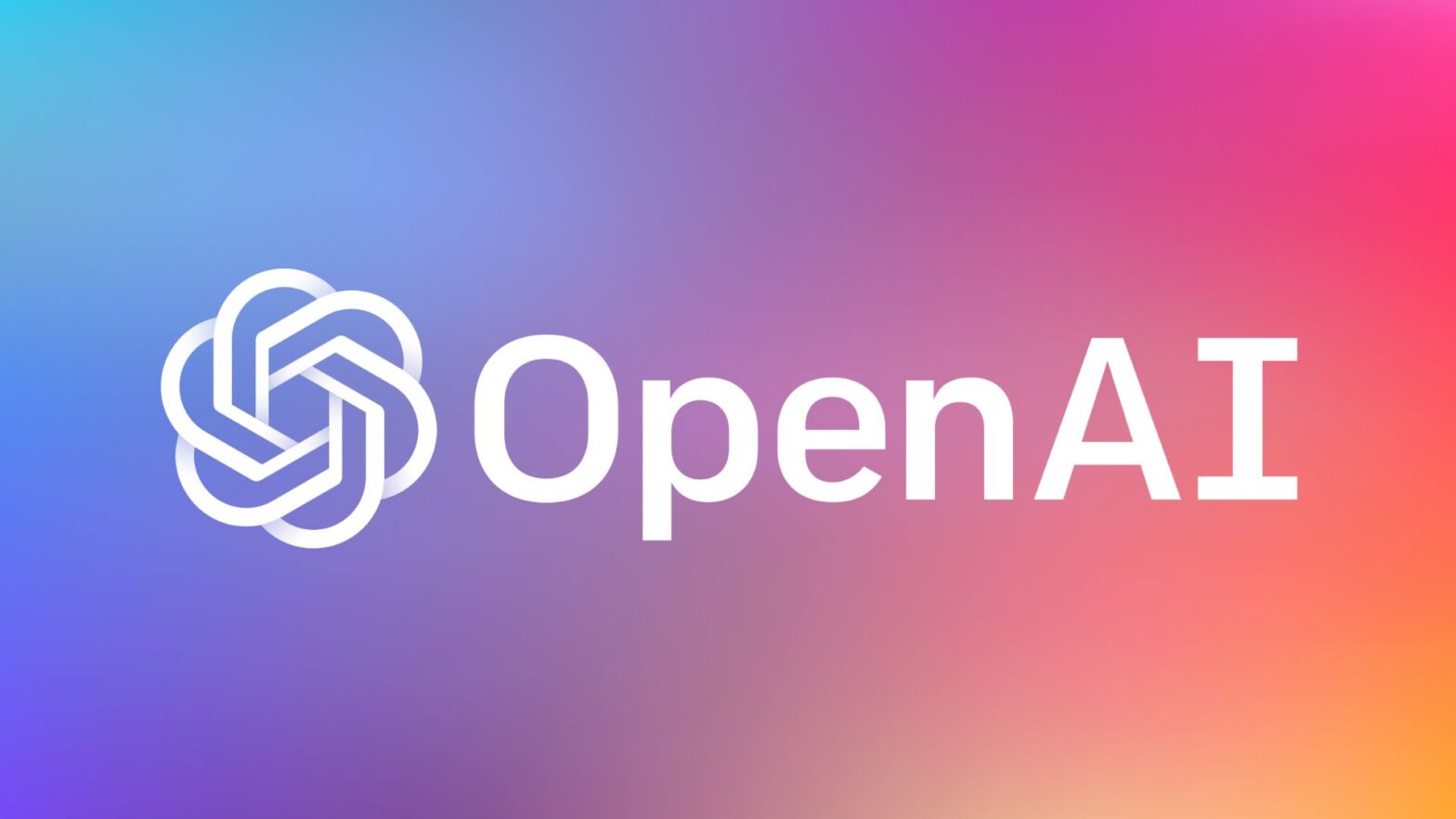OpenAI’s handling of critical evidence in its ongoing copyright infringement lawsuit has taken a dramatic turn. A recent court filing revealed that OpenAI engineers accidentally erased crucial data that The New York Times and other media outlets had gathered during their investigation into the company’s use of copyrighted content for training its AI models. This mishap, described as an “accidental deletion,” has significant implications for the lawsuit and raises pressing questions about OpenAI’s data management practices.

The Lawsuit and the Deletion Incident
The lawsuit, which began in December 2023, alleges that OpenAI used articles from The New York Times and other publishers without permission to train its popular AI models, such as ChatGPT. The plaintiffs claim that this unauthorized use not only violates copyright laws but also unfairly competes with original content, potentially causing financial harm to publishers.
As part of the legal proceedings, OpenAI allowed the plaintiffs’ legal teams to access virtual machines in order to search its massive training datasets for instances of copyrighted material. After over 150 hours of work, the plaintiffs uncovered that the virtual machines’ search data had been deleted on November 14, 2024. OpenAI acknowledged the deletion but argued it was not intentional. Despite efforts to recover the lost data, the company revealed that key information, such as folder structures and file names, could not be restored, rendering much of the recovered data useless for legal purposes. This forced the plaintiffs to restart significant portions of their investigation.

Legal teams representing The New York Times and other affected publishers expressed frustration over the error, stating that the loss of data undermined their ability to substantiate claims of copyright infringement. “We’ve had to redo a significant amount of work,” said one attorney representing the plaintiffs, highlighting the impact on their case.
OpenAI’s Response and Public Perception
In response to the controversy, OpenAI acknowledged the mishap but emphasized that the deletion was unintentional. Company spokesperson Jason Deutrom described the incident as a “glitch,” though legal representatives for The New York Times noted that they had “no reason to believe” it was done deliberately. OpenAI also stated that it plans to file a formal response to the court, disputing certain aspects of the plaintiffs’ characterization of the incident, according to The Verge.
While OpenAI’s response seeks to reassure the public that the deletion was an isolated event, it has drawn attention to broader concerns about the company’s data management practices. Experts warn that such errors could raise questions about OpenAI’s ability to handle critical evidence, especially as the company faces increasing legal scrutiny. This incident has also spurred further conversation about the transparency and accountability of AI companies in handling copyrighted material.
The deletion has prompted legal experts to weigh in on the implications for OpenAI’s defense. Some believe the loss of evidence could weaken the company’s position in the lawsuit. Without the ability to fully trace how its AI models were trained, OpenAI may struggle to convincingly argue that it did not infringe on copyrights. Others suggest that while the deletion may have been accidental, it underscores the need for AI companies to adopt more robust data management practices to avoid such costly mistakes in the future.
Broader Implications and Future Scrutiny
This incident could have far-reaching effects not only on OpenAI but also on the broader AI industry. Legal experts suggest that this mishap could lead to increased regulatory scrutiny of how AI companies manage and protect sensitive data, particularly as concerns over copyright infringement grow. Companies like OpenAI may now face more pressure to adopt transparent and secure methods for handling training data, which could result in more stringent regulations in the future.
The case is also setting a precedent for how AI companies will deal with intellectual property rights and data management. As publishers continue to push back against unauthorized use of their content, the outcome of this lawsuit could have long-lasting implications for the relationship between AI companies and the media industry.















